Around the world, access to information is increasingly blocked and manipulated.
Transparency of Network Interference is more important than ever.
Support the world's largest open dataset on Internet censorship. Donate to OONI and help keep the Internet open and transparent.

More ways to give- Bank Transfer / SEPA
You can donate to OONI by doing a wire transfer to the following bank information:
Beneficiary: Open Observatory of Network Interference (OONI)Address: via Baccio Baldini 12, 00146, Rome, ItalyBank: Banca di Credito Cooperativo di Roma (BCC Rome)Bank Address: Piazza Nicosia 31, Rome 00186, ItalyIBAN: IT85B0832703221000000005814SWIFT: ICRAITRRROMIf you require a donation receipt, please email:
giving@ooni.org
- GitHub SponsorsBecome a sponsor →
- CryptocurrenciesBitcoin (BTC)
bc1qft94vxsh7vzqmc37xquxj3n82lsmhjzxqx3u2a
Ethereum (ETH)0x0317136A811b2841410229c8421d61dCfA793970
Zcash (ZEC)t1WTdNWzZ9jzaNC5sPx7LdNbDRgws1Y5Vj2
Solana (SOL)AEL8Ke2VNV7wrHMwkck6QNTfd5gchbPu76h1wS1MqEs3
Polkadot (DOT)143ciNC9HqPG18SKEhbQnoWdAp61aB8Cf9MVkVvY8JJaNojT
All donations go directly to supporting OONI's mission.
- 5x1000 in Italia:
Scrivi il codice fiscale di OONI:
96568220584
You can donate to OONI by doing a wire transfer to the following bank information:
IT85B0832703221000000005814ICRAITRRROMIf you require a donation receipt, please email: giving@ooni.org
bc1qft94vxsh7vzqmc37xquxj3n82lsmhjzxqx3u2a
0x0317136A811b2841410229c8421d61dCfA793970
t1WTdNWzZ9jzaNC5sPx7LdNbDRgws1Y5Vj2
AEL8Ke2VNV7wrHMwkck6QNTfd5gchbPu76h1wS1MqEs3
143ciNC9HqPG18SKEhbQnoWdAp61aB8Cf9MVkVvY8JJaNojT
All donations go directly to supporting OONI's mission.
96568220584Thank you for your for supporting the OONI-verse! 💚 ♥️ 💛 💙 ❤️
By donating to OONI, you support:
- Free and open source software for detecting internet censorship
- Real-time analysis of internet censorship around the world
- Open data on internet censorship -- supporting global research and advocacy efforts
- Research on censorship events worldwide
Founded in 2012, the Open Observatory of Network Interference (OONI) is a non-profit free software project that aims to empower decentralized efforts in documenting internet censorship around the world.

Shop
- OONIque Boutique
Get some OONIque items to support OONI
- OONI Classic Black T-Shirt
- Internet Freedom Brew Mug
- OONI Color Sticker
- Holographic OONI-Spectrum Sticker
- Unfiltered Internet Water Bottle
- OONI Explorer Eco-Chic Tote Bag
What they say about us
- When governments censor websites and block messaging apps like Telegram, here's where to turn for proofAll of the data collected by OONI's measurement software — called probes — is stored in a publicly accessible database, where anyone can go to understand what's being blocked, filtered, or throttled in a particular country, and how. That data can be used to track the evolution of information controls over time or link censorship with political events like elections and protests.
- Search result not found: China bans Wikipedia in all languagesThe community-edited online encyclopedia was barred in April, according to a new report from the censorship research group, the Open Observatory of Network Interference. This means Beijing’s ban of the Chinese-language edition has been extended to swallow Wikipedia’s entire platform.
- Myanmar military clamps down on speech, pressThe report published Tuesday by the Open Observatory of Network Interference (OONI) organization shows how extensive the measures are. “The scale of internet censorship in Myanmar has become quite unprecedented,” it said. In addition to the military’s blocking of social media, Wikipedia and 174 news sites, the NGO also found the targeted blocking of websites that offer ways to circumvent internet blockades.
- Ethiopia Social Media Access Back After 5-Month BanA service run by the Open Observatory of Network Interference (OONI), an association that tracks online censorship, showed that access to social networks in Africa's second-most populous country was freely available after being shut down in early February.











